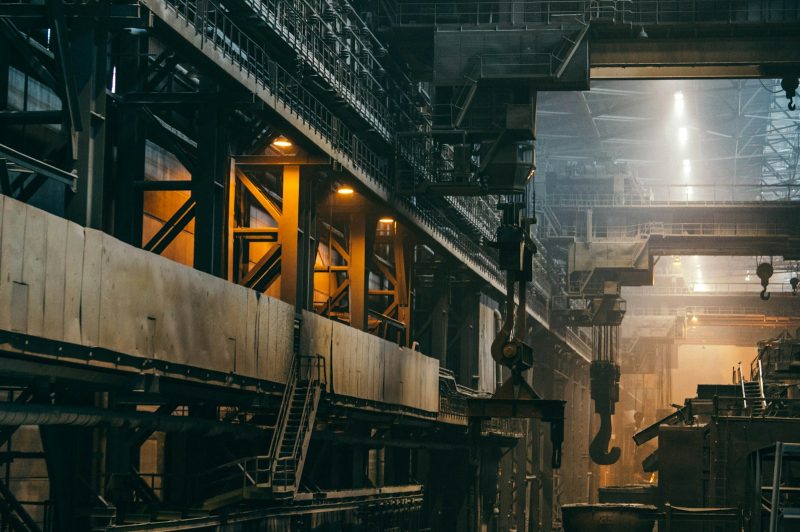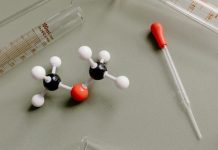In industrial environments, precision isn’t just a technical detail; it’s a cornerstone of your safety, efficiency, and profitability. Whether in manufacturing, construction, energy, or chemical processing, accurate measurements form the foundation of reliable operations, and even the smallest deviations can create serious consequences, from equipment malfunctions to costly downtime. To thrive in today’s competitive landscape, industries must treat precision as a non-negotiable priority – and understand why it’s so important in the first place.
The Link Between Precision and Safety
Industrial workplaces are filled with risks. Heavy machinery, hazardous chemicals, and complex systems all demand exact specifications to operate safely. A single miscalculated tolerance in a machine part, for example, can cause vibrations that lead to premature failure or accidents. In chemical production, inaccurate measurements can trigger dangerous reactions, putting both employees and the surrounding environment at risk.
Regulatory bodies set strict standards to mitigate these dangers, but compliance depends on the precision of the acting party. Companies that consistently measure and monitor with accuracy not only meet legal requirements but also create safer working conditions. In many industries, safety is functionally inseparable from measurement.
Quality and Consistency Depend on Accuracy
Customers expect products and systems that work exactly as promised, and that level of consistency is impossible without precise measurements at every step of the process. A single misaligned component in aerospace or automotive manufacturing can compromise an entire assembly. And in industries like pharmaceuticals, even slight dosage miscalculations can make products ineffective or unsafe.
Precision doesn’t just protect against failure; it builds trust within your audience. When customers know that an organization delivers consistently high-quality results, they are more likely to return for repeat business and recommend those products or services to others.
Efficiency and Cost Savings
Poor measurements don’t only create risks; they also drive up costs for both customers and businesses. Incorrect dimensions or inaccurate calibration can lead to wasted raw materials, rework, or delays in production. And over time, these inefficiencies add up to substantial financial losses.
On the flip side, precise measurements streamline workflows, and measurably so. Workers spend less time troubleshooting errors, equipment lasts longer, and supply chains run more smoothly. The result is improved productivity and reduced operational costs, which translate to greater and more consistent profitability for your organization.
The Role of Tools and Technology
Today’s industries have access to sophisticated tools that make achieving precision more attainable than ever. Laser scanners, digital calipers, coordinate measuring machines, and computer-aided design (CAD) systems all provide incredibly detailed data, which you can utilize in your pursuit of greater precision. In addition, automated monitoring systems ensure that measurements remain consistent across large-scale operations.
But technology alone isn’t enough. Your tools must be properly calibrated and regularly maintained to deliver accurate results. Your employees must also be trained to use them effectively, ensuring that human error doesn’t undermine the capabilities of advanced equipment.
The Importance of Compliance
Many industries are tightly regulated, with measurement standards built into the rules. Construction codes, food safety guidelines, and pharmaceutical protocols all require exact compliance. Falling short can lead to fines, liability issues, or even the suspension of operations. Precise measurements ensure that companies not only meet but exceed compliance standards. In doing so, they protect themselves from legal risk and reinforce their reputation as responsible, reliable operators.
Human Oversight Still Matters
While automation reduces many risks, human expertise remains essential throughout the process. Employees need to understand both how to take accurate measurements and why accuracy is critical. Well-trained technicians, engineers, and inspectors serve as safeguards, ensuring that measurements align with standards and spotting potential issues that machines may overlook. This balance of technological resources and human judgment provides the most reliable path to consistent precision.
Long-Term Benefits of Precision
The advantages of accurate measurement go beyond immediate safety and efficiency. Companies known for precision often gain competitive advantages, attracting customers who value reliability and quality. Precision also paves the way for innovation, as new designs, processes, and technologies rely on exact specifications to function properly. Without a foundation of accuracy, innovation can’t succeed, and your organization may be more likely to become stagnant.
Furthermore, precision supports sustainability. By reducing waste, minimizing rework, and improving energy efficiency, accurate measurement helps organizations meet environmental goals while also saving money.
The High-Level View
In industrial settings, precise measurements are not optional; they are a prerequisite of success. Accuracy keeps employees safe, ensures product quality, reduces waste, and strengthens customer trust. It supports compliance, drives innovation, and enhances efficiency.
Ultimately, precision is what transforms complex operations into smooth, reliable systems. By investing in the right tools, training, and oversight, organizations ensure that every measurement is correct, and that every project delivers the results stakeholders expect.








